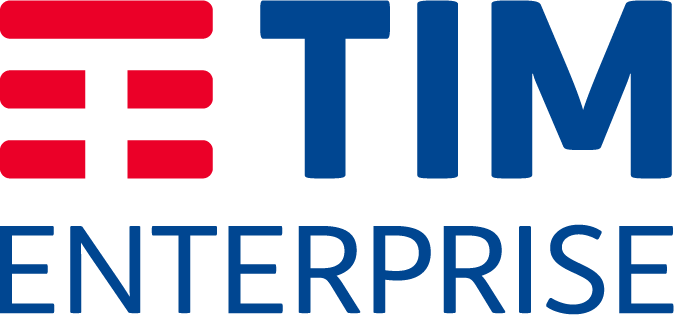What is mobile connectivity
This rapid rate of development looks set to continue unabated, as new technologies become available and improved practices are developed. Once these have been successfully embedded, they will enable agile responses to opportunities and hence improve productivity.
Mobile connectivity trends
– Improving connectivity
The ongoing rollout of 5G connectivity, as well as Wi-Fi edition 6 (802.11ax), promises to deliver improved communication capabilities within the enterprise sphere. The enhanced connectivity will enable increased network speeds, whilst optimising battery usage and improving performance.
Better and faster mobile connectivity through 5G will enable:
- enterprise mobility tools, such as video-conferencing platforms;
- cloud storage;
- web collaboration tools.
Both 5G and Wi-Fi edition 6 promise that remote work can be accomplished at faster rates, even when employees are not physically connected to a business network.
– Remote working
The Covid-19 pandemic witnessed a fundamental shift in corporate paradigms around the world, as millions of people worked from home.
This has resulted in increasing reliance on virtual meetings and collaborative tools. As a consequence, there has been a significant strain on telecommunications infrastructure. Home devices are also being increasingly used, which has presented security and connectivity challenges for IT teams.
Although there has been a drive for people to return to the office, remote working continues to be a popular option. Many companies have already adapted to this new way of working, such as by downsizing their physical office space.
– Smartphones increasingly becoming digital companions
There have been incredible developments in smart phone technology within the past few years and this is expected to continue next year. The hardware is likely to remain similar, barring increased performance, but capabilities and applications will grow.
Driven in many respects by remote working, app developers have continued to offer new products that enhance productivity. This, in turn, will place a greater reliance on corporate networks for managing multiple data flows through a variety of networks.
As use-cases grow, we will become increasingly reliant upon hand-held devices for maintaining productivity.
– Hybrid cloud technology
Hybrid cloud is a type of cloud computing environment, combining off-premises public cloud and on-premises private cloud. This enhances adaptability, which enables companies to simplify their business processes, thereby improving productivity.
Adopting hybrid cloud technology allows for better remote workforce support. It provides enhanced security and risk management, compared with public cloud options, yet enables swift adaptability to market demands and gives scalability and data management.
With the appropriate enterprise mobile management packages, taking advantage of the benefits of hybrid cloud architecture allows modern enterprises to remain competitive.
– Security and data protection
Following several high-profile data breaches, the threats facing network security will become an increasing concern in the coming year, especially given an increased reliance on remote working.
Globally, there has been a recent legislative shift towards data protection. Data breaches can carry significant financial penalties, as well as associated reputational harm, which can often be just as damaging. Likewise, failing to have the appropriate security requirements in place, according to each region, can leave companies facing non-compliance fines.
Preparing for the future
The introduction of 5G connectivity will naturally be the greatest paradigm shift in mobile management. However, increased bandwidth and capabilities will result in a cascading series of developments for modern enterprise, enabling them to become more agile and offer fresh opportunities.








